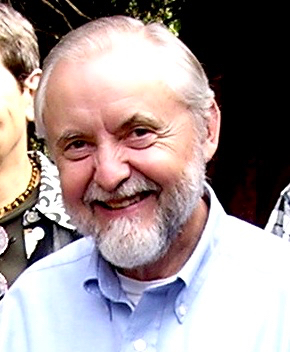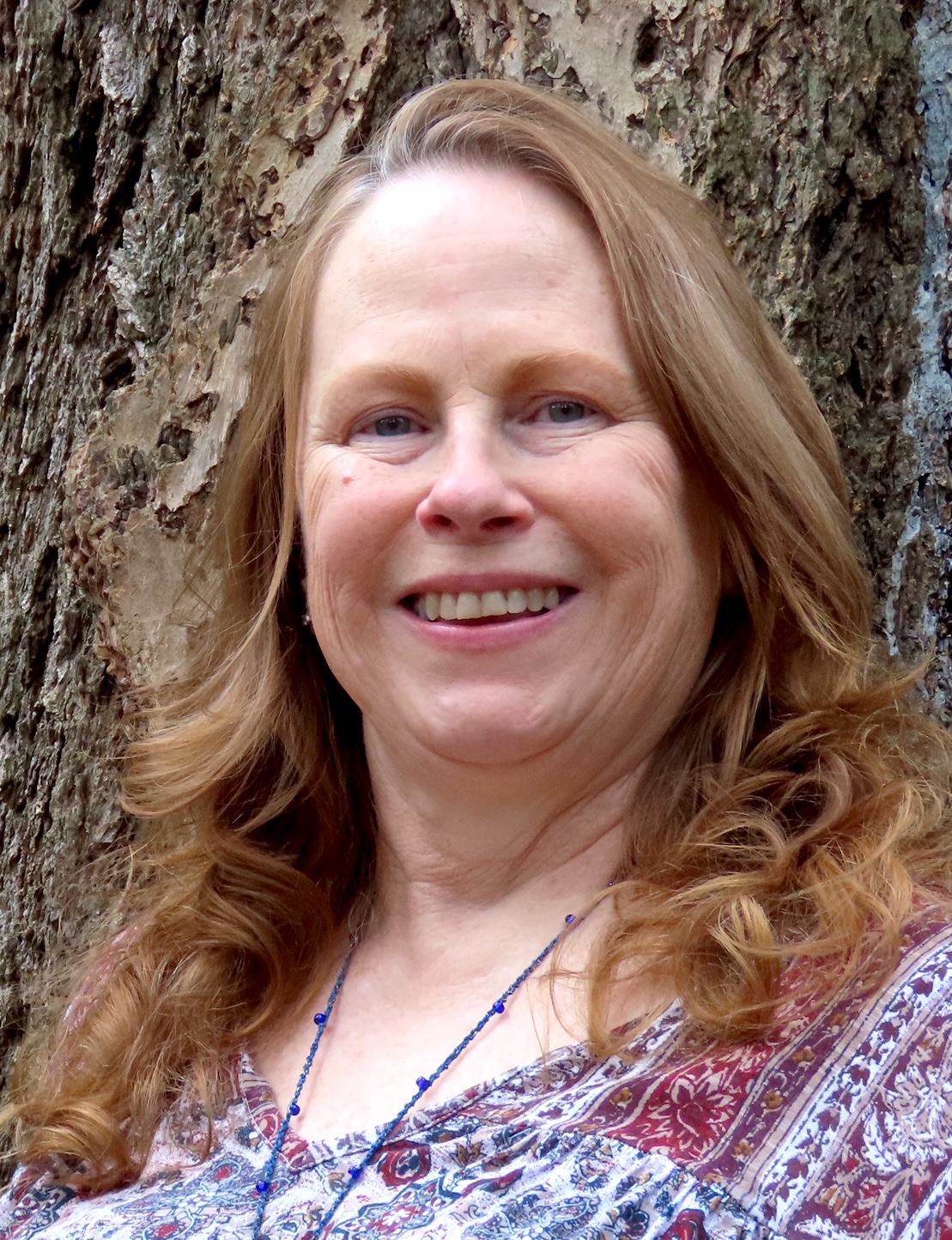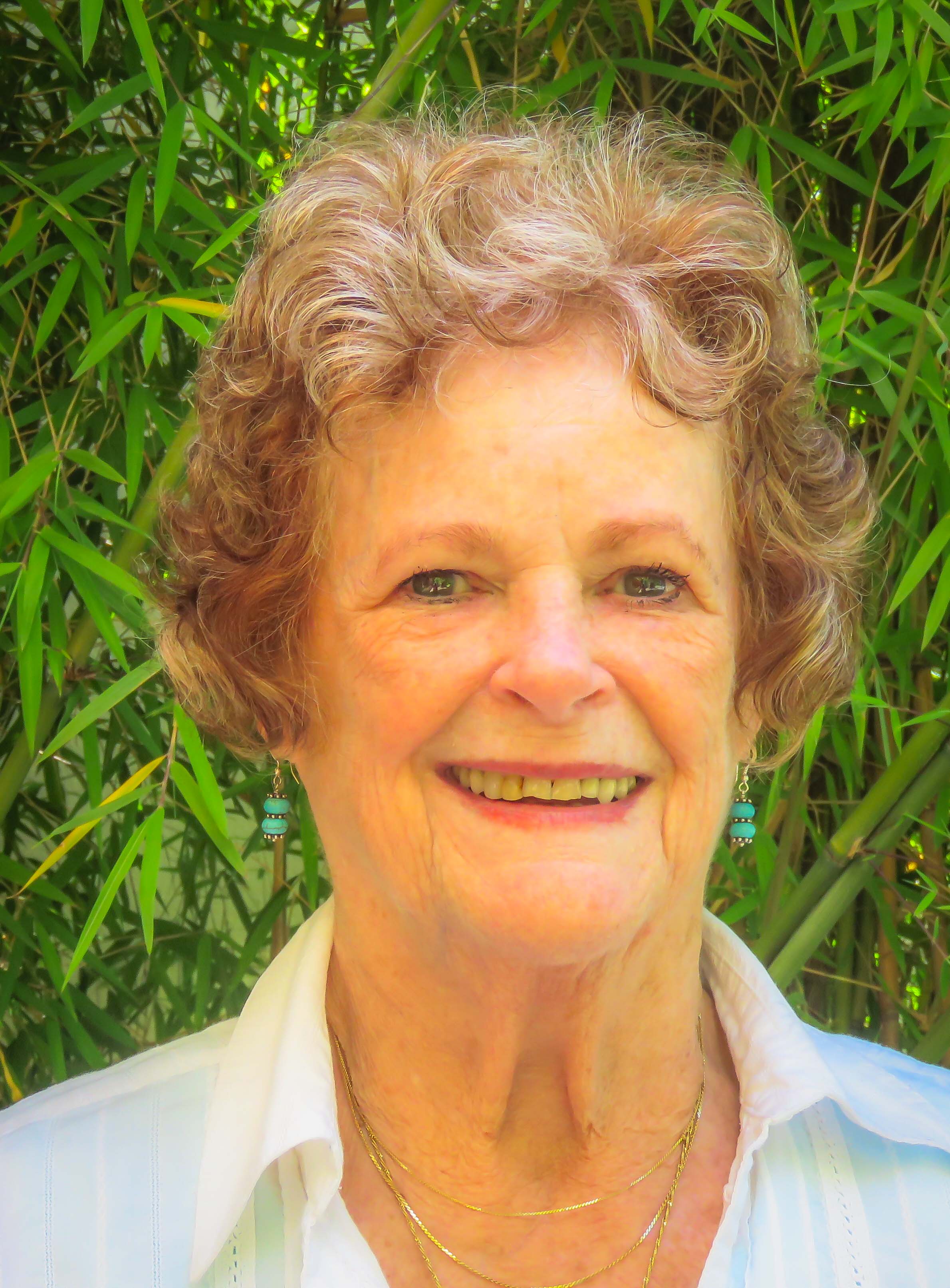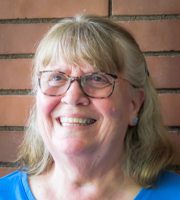Tuesday, March 1
| 10:00 am-12:00 pm | "How to Speak Ballet: An Introduction to the History, Styles and Vocabulary of Classical Ballet," Sharon Oberst [Barbara Young], ZOOM 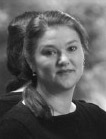 Have you ever wondered what the Prince and the Swan Queen are saying as they mime to one another in Swan Lake? Ever pondered how or why dancers stand on their toes or how the tutu evolved? Wonder no more. These mysteries and why dancers say "merde" instead of good luck before a show will be revealed. Have you ever wondered what the Prince and the Swan Queen are saying as they mime to one another in Swan Lake? Ever pondered how or why dancers stand on their toes or how the tutu evolved? Wonder no more. These mysteries and why dancers say "merde" instead of good luck before a show will be revealed.
|
Thursday, March 3
| 10:00 am-12:00 pm | "Nothing About Us Without Us". The Promise of Transformative Justice," Melissa Michaux [Jeanette Flaming], ZOOM 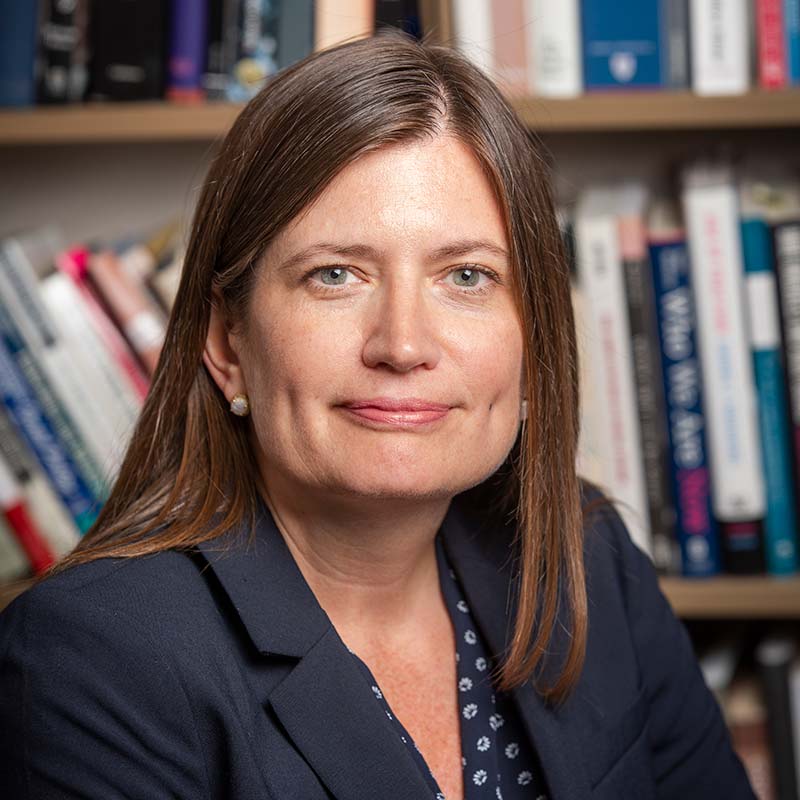 How can the principles of Transformative Justice (TJ) transform individuals, communities and public policy? Professor Melissa Michaus explores the philosophy of TJ and how her work with incarcerated men at the Oregon State Penitentiary (OSP) changed her understanding of what her students - both incarcerated and free ---could accomplish. She founded the Transformative Justice Initiative @ Willamette University to pursue projects that enhance accountability and promote healing like the Healing Garden at OSO; SJR 10, that would abolish slavery in the Oregon Constitution; and the Youth with Incarcerated Parents Program. Melissa will be joined for part of the presentation with former students who founded Oregonians Against Slavery and Involuntary Servitude (OASIS) How can the principles of Transformative Justice (TJ) transform individuals, communities and public policy? Professor Melissa Michaus explores the philosophy of TJ and how her work with incarcerated men at the Oregon State Penitentiary (OSP) changed her understanding of what her students - both incarcerated and free ---could accomplish. She founded the Transformative Justice Initiative @ Willamette University to pursue projects that enhance accountability and promote healing like the Healing Garden at OSO; SJR 10, that would abolish slavery in the Oregon Constitution; and the Youth with Incarcerated Parents Program. Melissa will be joined for part of the presentation with former students who founded Oregonians Against Slavery and Involuntary Servitude (OASIS)
|
Tuesday, March 8
| 10:00 am-12:00 pm | "Music Potpourri," Grant Hagestadt, Sheila Sund, Sally Schriver, Marjorie Wallace [Solveig Holmquist], ZOOM
Grant Hagestadt will present Vivaldi |
Thursday, March 10
| 10:00 am-12:00 pm | "Ethnographic & Linguistic Evidence of an Oregon Visit by Sir Francis Drake in 1579," Melissa Darby [Solveig Holmquist], ZOOM 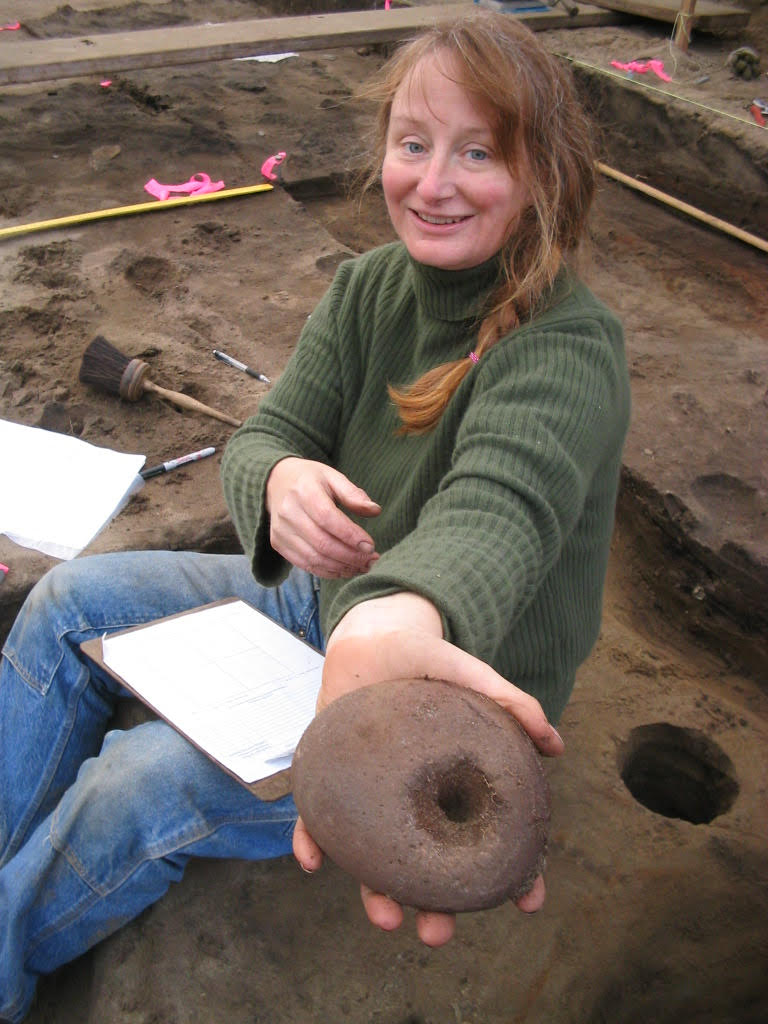 Sir Francis Drake was sent out by Queen Elizabeth I in 1577 on a mission to explore the west coast of America, to look for trade, harry the Spanish, capture their treasure, seek good lands to claim that were not previously claimed by Spain, and to reconnoiter for the western entrance of the Northwest Passage. Drake described the Native people he encountered on the coast, and his descriptions of the clothing, dwellings, canoes, baskets, and regalia of the people as well as some of the words they spoke seem to be describing people of the Northwest coast rather than the Miwok or Pomo of the San Francisco bay area. Sir Francis Drake was sent out by Queen Elizabeth I in 1577 on a mission to explore the west coast of America, to look for trade, harry the Spanish, capture their treasure, seek good lands to claim that were not previously claimed by Spain, and to reconnoiter for the western entrance of the Northwest Passage. Drake described the Native people he encountered on the coast, and his descriptions of the clothing, dwellings, canoes, baskets, and regalia of the people as well as some of the words they spoke seem to be describing people of the Northwest coast rather than the Miwok or Pomo of the San Francisco bay area.
|
Tuesday, March 15
| 10:00 am-12:00 pm | "Measuring Distances to Galaxies," Dr. Richard Watkins [Dru Johnson], ZOOM 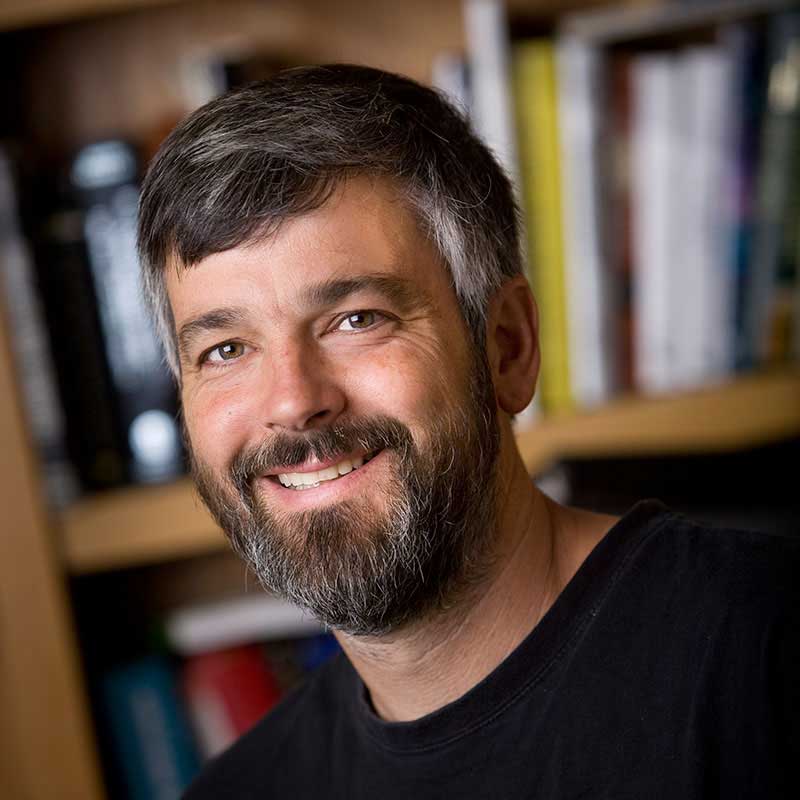 Images of the large-scale Universe taken by telescopes like the Hubble telescope are inherently two dimensional: we don't have any depth perception when we look at the sky. In order to reconstruct the three dimensional structure of the Universe, we need to know the distances to galaxies. In this talk we will discuss methods of measuring galaxy distances, and how these distances, together with Doppler shift measurements, can allow us to study flows of galaxies through the Universe. Images of the large-scale Universe taken by telescopes like the Hubble telescope are inherently two dimensional: we don't have any depth perception when we look at the sky. In order to reconstruct the three dimensional structure of the Universe, we need to know the distances to galaxies. In this talk we will discuss methods of measuring galaxy distances, and how these distances, together with Doppler shift measurements, can allow us to study flows of galaxies through the Universe.
|
Thursday, March 17
| 10:00 am-12:00 pm | "Stewarding Our Oregon White Oaks: A Willamette rersity CAFES Grant Funded Project.," David Craig, Angelina Wang, Grace Shiffrin [Judy Gram], ZOOM 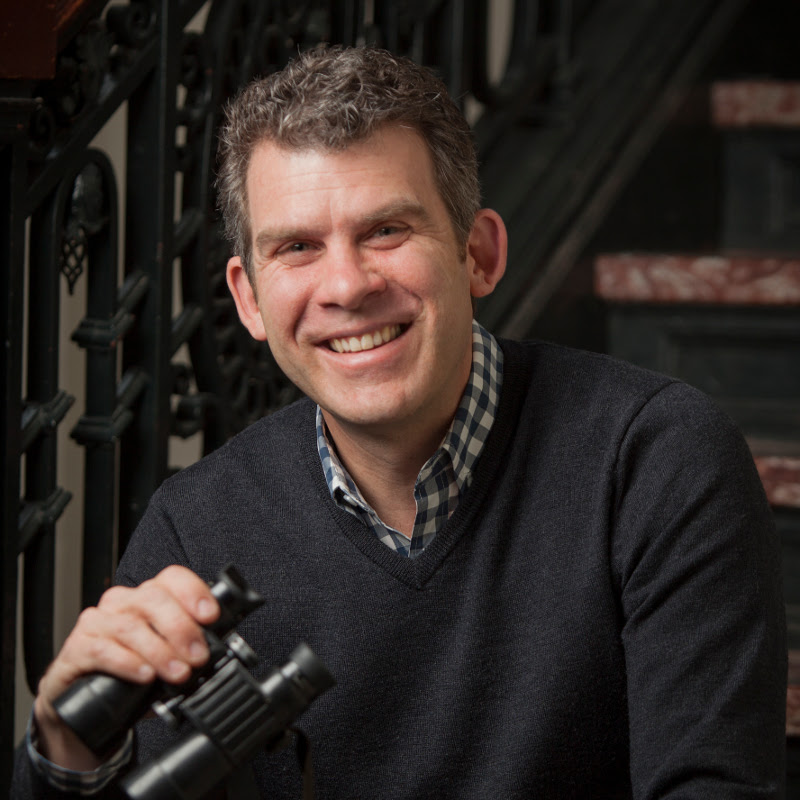 The "Stewarding Our Oregon Oaks: A Restoration Project" or more informally the"Growing Oaks Project" explores the connection between the legacy of the oak savanna and the lasting impacts colonial settlement has had on Salem biodiversity. This project strives to educate the community about the importance of this keystone species by promoting the growth and protection of the Oregon Oak. Nearly three hundred species depend upon these oaks for their survival. As inhabitants of this land, we see it as our duty to provide for the future prosperity of Salem biodiversity by growing and protecting a new generation of the Oregon Oak species. Our project aims to promote tree planting and the care of trees as an act of reconciliation that acknowledges the mistreatment of our BIPOC members in the present and past. In this initial step towards reconciliation, we choose to focus on the cultivation of Oregon White Oaks because of their significance in the culture of the Kalapuya people, now represented by the Confederated Tribes of Grand Ronde and the Confederated Tribes of the Siletz Indians, who are the original stewards of the Willamette Valley and our campus grounds. This project also strives to bring awareness to Oregonians about this important keystone species that is rapidly disappearing. Large old complex oaks like those in the Sparks Parking lot are keystones of healthy Willamette Valley ecosystems and these legacy trees are rapidly disappearing because of commercial development of the historical oak savanna landscapes. Not only can we bring awareness to students at Willamette, but there is potential for sharing this information with the community and people of Salem. This project is funded by Willamette University's Community Action Fund for Equity and Sustainability (CAFES) committee. The "Stewarding Our Oregon Oaks: A Restoration Project" or more informally the"Growing Oaks Project" explores the connection between the legacy of the oak savanna and the lasting impacts colonial settlement has had on Salem biodiversity. This project strives to educate the community about the importance of this keystone species by promoting the growth and protection of the Oregon Oak. Nearly three hundred species depend upon these oaks for their survival. As inhabitants of this land, we see it as our duty to provide for the future prosperity of Salem biodiversity by growing and protecting a new generation of the Oregon Oak species. Our project aims to promote tree planting and the care of trees as an act of reconciliation that acknowledges the mistreatment of our BIPOC members in the present and past. In this initial step towards reconciliation, we choose to focus on the cultivation of Oregon White Oaks because of their significance in the culture of the Kalapuya people, now represented by the Confederated Tribes of Grand Ronde and the Confederated Tribes of the Siletz Indians, who are the original stewards of the Willamette Valley and our campus grounds. This project also strives to bring awareness to Oregonians about this important keystone species that is rapidly disappearing. Large old complex oaks like those in the Sparks Parking lot are keystones of healthy Willamette Valley ecosystems and these legacy trees are rapidly disappearing because of commercial development of the historical oak savanna landscapes. Not only can we bring awareness to students at Willamette, but there is potential for sharing this information with the community and people of Salem. This project is funded by Willamette University's Community Action Fund for Equity and Sustainability (CAFES) committee.
Project Lead - Grace Shiffrin (She/Her). Grace is a third-year student at Willamette University, double majoring in Biology and Environmental Science. She is currently the president of Zena Farm club, where she co-leads the Beekeeping Circle and the Native plant Circle. With an interest in ecological systems and the interactions between plants and animals, she is excited to work with the community to create a new generation of Oregon Oaks. Faculty Advisor - David Craig (He/Him). Since Fall 2001 David has been privileged to teach at Willamette University. The germination of this project in one of his classes is among the most wonderful intersections of his devotion to combating the oppression of people and the natural world. David is grateful to the grant writers and reviewers who inspired hope in the midst of the 2020-2021 academic year - a year wrought by a global pandemic, national violence against the BIPOC community, and historically devastating local wildfires and ice storms. |
Tuesday, March 22
| 10:00 am-12:00 pm | "SPRING BREAK," NO CLASSES |
Thursday, March 24
| 10:00 am-12:00 pm | "SPRING BREAK," NO CLASSES |
Tuesday, March 29
| 10:00 am-12:00 pm | "Explaining the global distribution of language endangerment: A language ecology approach.," Gregory Anderson [GwenEllyn Anderson], Kaneko Auditorium 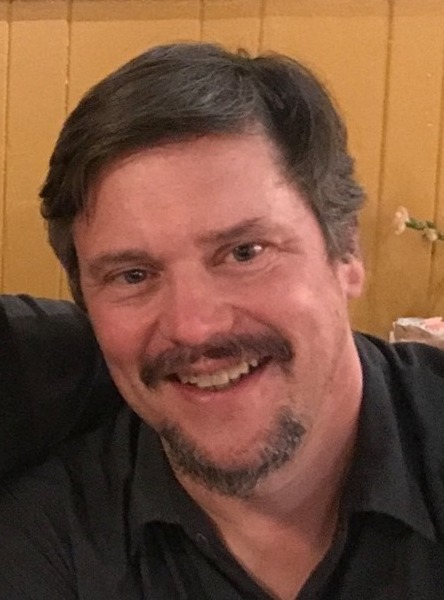 In this talk, I will examine the global distribution of language endangerment and attempt to explain this through the lens of language ecology on the macro- and micro-levels. Outside of rare monolingual "islands" like North Korea or in pre-modern times, various remote Pacific islands, most regions are home to multiple languages. Various empire-building projects aside (e.g., the spread of Vulgar Latin in the Roman Empire yielding today's modern Romance family) in the pre-colonial period, most contact between such languages did not lead to abandonment of one language in favor of another, but rather people had various complex multilingual repertoires. This situation is maintained today in some small-scale multilingual ecologies as can be found in for example, parts of West Africa, Papua New Guinea and the Amazon regions, etc. More typically in the colonial and post-colonial periods what one finds is rather substantial imbalances in the relative valuation of languages in a multilingual context and this in turn triggers shifts from languages with lower value to those with relatively higher value in the linguistic market. In this presentation, I outline some of the major patterns observed and explain how these differences result from and reflect the different linguistic ecologies that have emerged in these distinct areas.
In this talk, I will examine the global distribution of language endangerment and attempt to explain this through the lens of language ecology on the macro- and micro-levels. Outside of rare monolingual "islands" like North Korea or in pre-modern times, various remote Pacific islands, most regions are home to multiple languages. Various empire-building projects aside (e.g., the spread of Vulgar Latin in the Roman Empire yielding today's modern Romance family) in the pre-colonial period, most contact between such languages did not lead to abandonment of one language in favor of another, but rather people had various complex multilingual repertoires. This situation is maintained today in some small-scale multilingual ecologies as can be found in for example, parts of West Africa, Papua New Guinea and the Amazon regions, etc. More typically in the colonial and post-colonial periods what one finds is rather substantial imbalances in the relative valuation of languages in a multilingual context and this in turn triggers shifts from languages with lower value to those with relatively higher value in the linguistic market. In this presentation, I outline some of the major patterns observed and explain how these differences result from and reflect the different linguistic ecologies that have emerged in these distinct areas.Dr. Gregory D.S. Anderson is the Founder and Director of Living Tongues Institute for Endangered Languages. He is an expert of endangered languages, language contact, linguistic typology and historical linguistics. He has done fieldwork with 100+ language communities on all inhabited continents. He is the author of eleven books and over 120 academic articles. His main areas of focus has been languages of the Turkic, Yeniseic, Munda, Tibeto-Burman, Salish, Algonquian, Ogonoid, Central Sudanic, and Chadic families, languages of Papua New Guinea and the isolate language Burushaski. |
Thursday, March 31
| 10:00 am-12:00 pm | "The Riddle of Russia," Sarah Bishop [Dru Johnson], Kaneko Auditorium 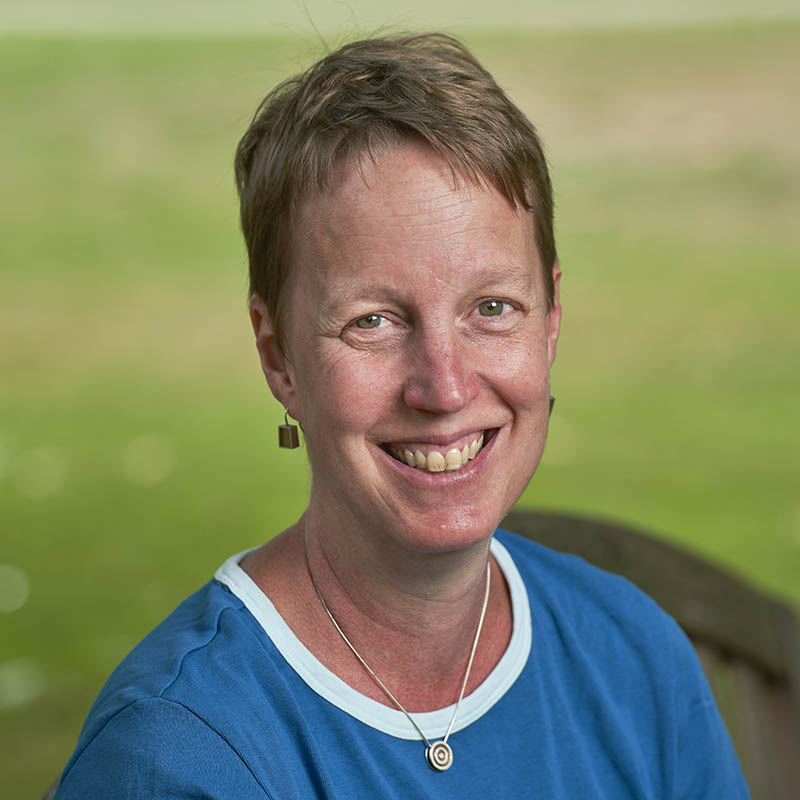 In 1939 Winston Churchill described Russia as "a riddle, wrapped in a mystery, inside an enigma." He was not the first to puzzle over the nature of Russia---a country historically torn between East and West---nor was he the last. After the collapse of the Soviet Union in 1991, Russia endured economic disaster and two ferocious internal wars. The uncertainty of everyday life was matched by crisis of national identity. Russians found themselves in a new country and were faced with pressing questions: What does it mean to be Russian in a post-Soviet world? How do you relinquish the security and beliefs of the past? In the 2000s, the economic and political situation in Russia largely stabilized, but this stability fostered a new paradox--a nostalgia for the Soviet past alongside a desire for a new future. Russia now faces new economic difficulties and an increasingly strained relationship with the West. Questions about the relationship between the Russian and American presidents abound. Where is Russia headed? Back to its Cold War past or towards a new future? Through a careful investigation of contemporary fiction, essays and films, we will attempt to unravel this new riddle of Russia.
In 1939 Winston Churchill described Russia as "a riddle, wrapped in a mystery, inside an enigma." He was not the first to puzzle over the nature of Russia---a country historically torn between East and West---nor was he the last. After the collapse of the Soviet Union in 1991, Russia endured economic disaster and two ferocious internal wars. The uncertainty of everyday life was matched by crisis of national identity. Russians found themselves in a new country and were faced with pressing questions: What does it mean to be Russian in a post-Soviet world? How do you relinquish the security and beliefs of the past? In the 2000s, the economic and political situation in Russia largely stabilized, but this stability fostered a new paradox--a nostalgia for the Soviet past alongside a desire for a new future. Russia now faces new economic difficulties and an increasingly strained relationship with the West. Questions about the relationship between the Russian and American presidents abound. Where is Russia headed? Back to its Cold War past or towards a new future? Through a careful investigation of contemporary fiction, essays and films, we will attempt to unravel this new riddle of Russia.Sarah Bishop is an Associate Professor of Russian at Willamette University. Sarah teaches Russian language, literature, and film. Her courses include a survey of Russian and Soviet film, a writing-centered approach to Russian short stories, and a theme-based course on love and family in twentieth-century Russian literature. Sarah has a BA from Williams College and a MA,PhD from Princeton University. |


